Analyzing the Uses of Blockchain in Higher Education Institutes
VerifiedAdded on 2023/04/24
|10
|622
|215
Report
AI Summary
This report examines the uses of blockchain technology in higher education, highlighting its potential to address security vulnerabilities and enhance overall efficiency. The research employs a qualitative analysis methodology, drawing from existing literature to understand how blockchain can be logically integrated into educational institutions. Key findings suggest that blockchain provides a more efficient and comprehensive solution for managing learning histories, validating credentials, and fostering trust among all parties involved in the educational process. Ultimately, the report concludes that blockchain has the capacity to transform the education system by enabling decentralized, transparent, and robust environments, thus paving the way for future advancements in higher education.
1 out of 10
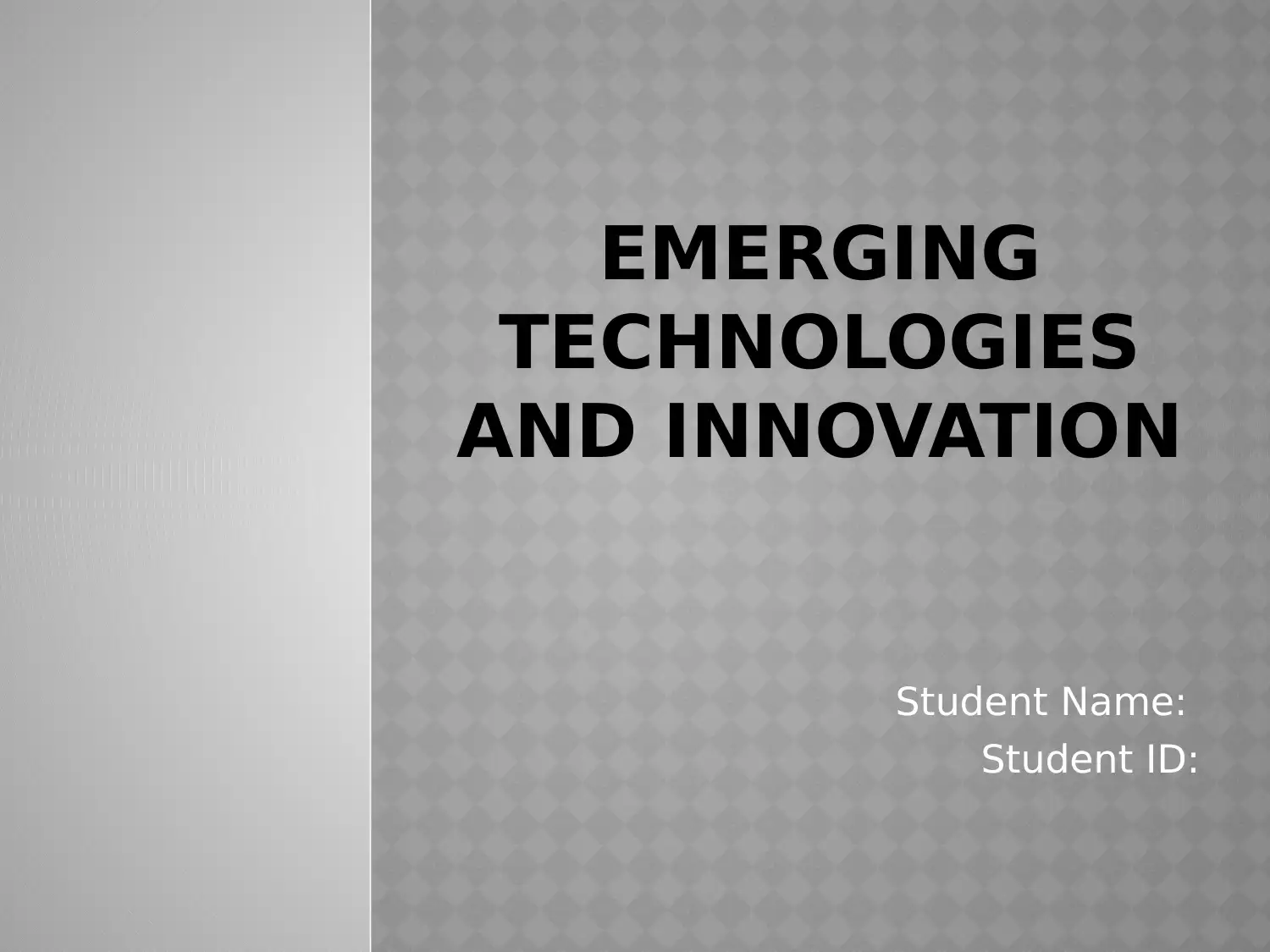
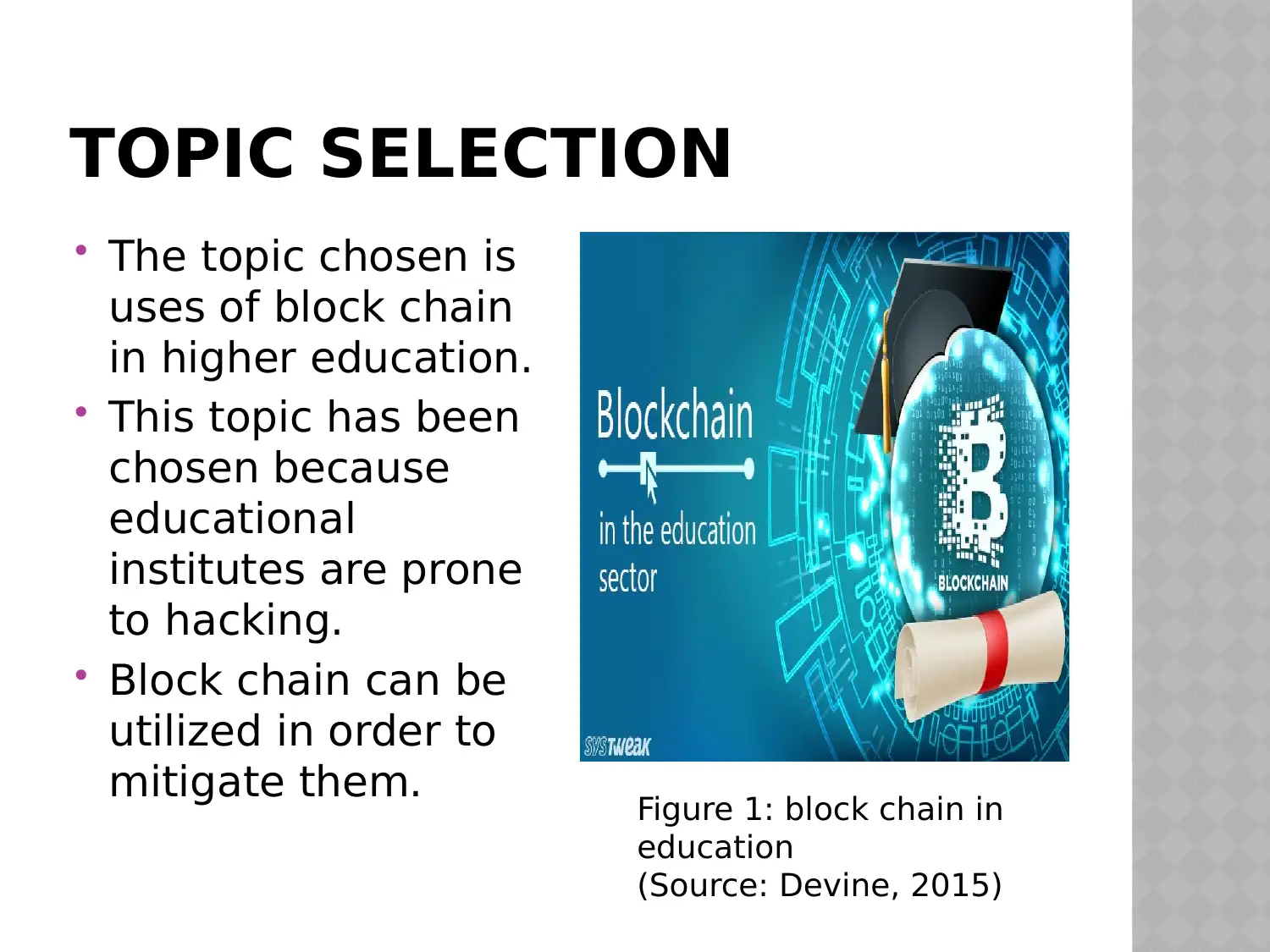
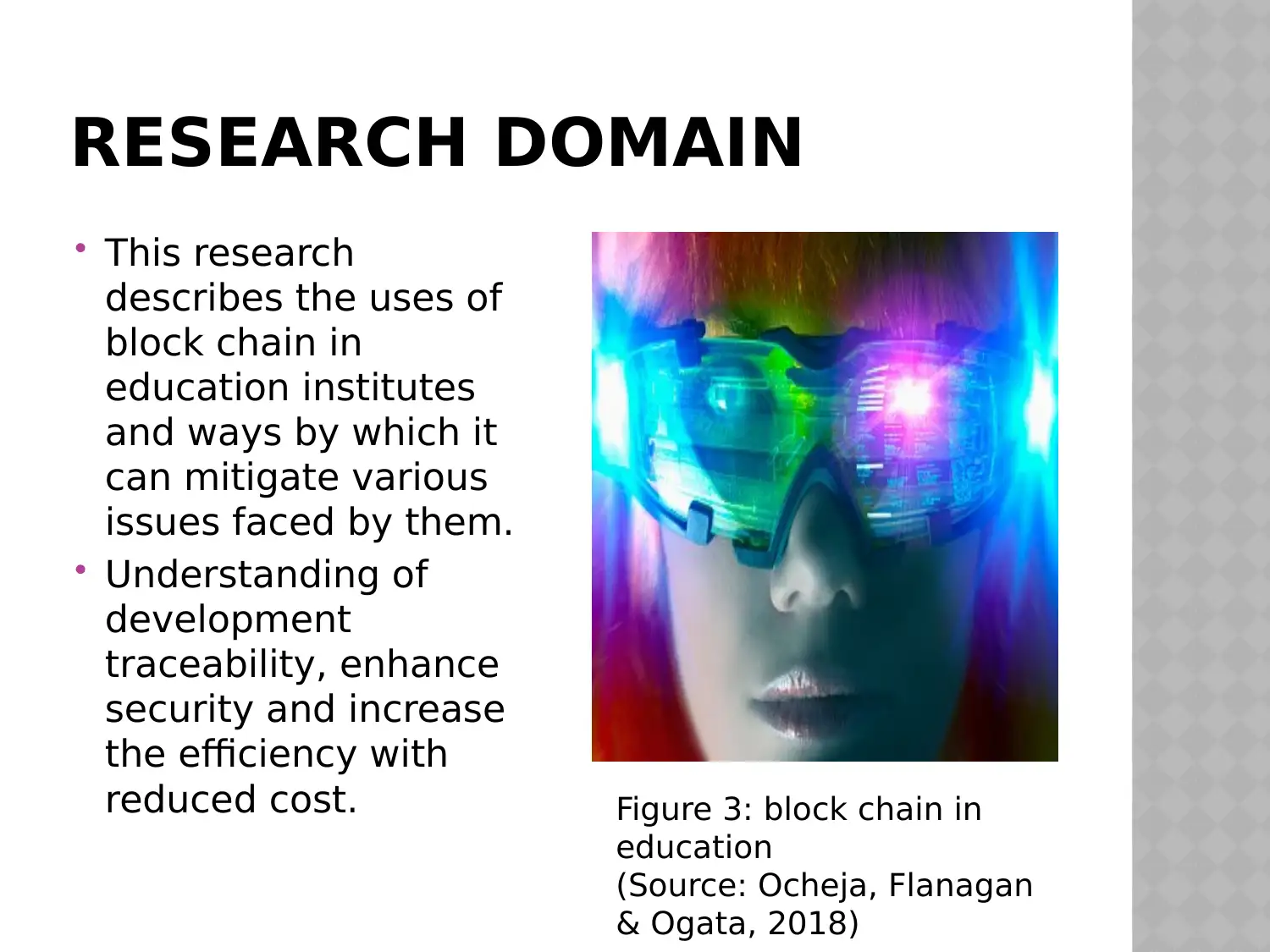

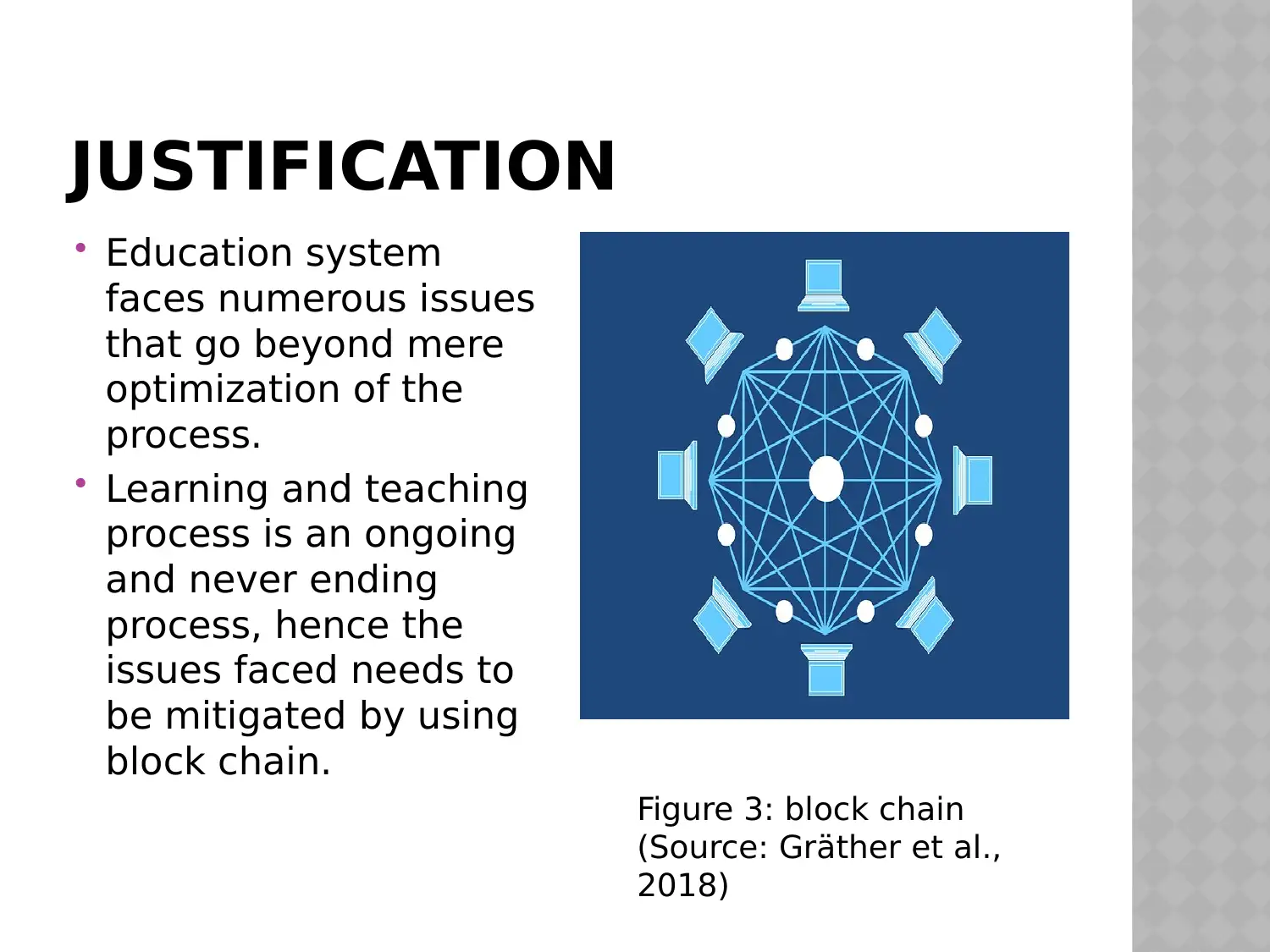
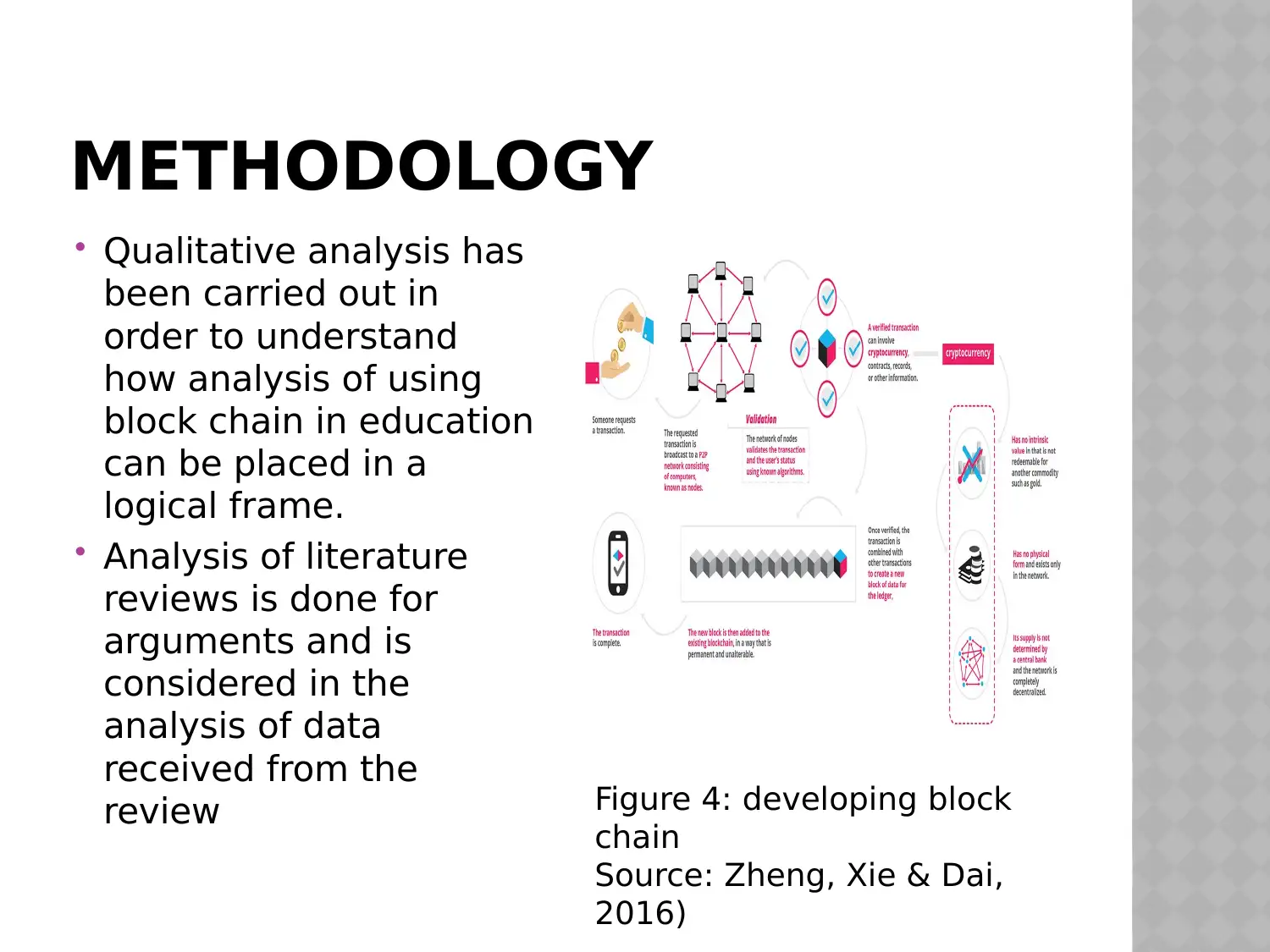
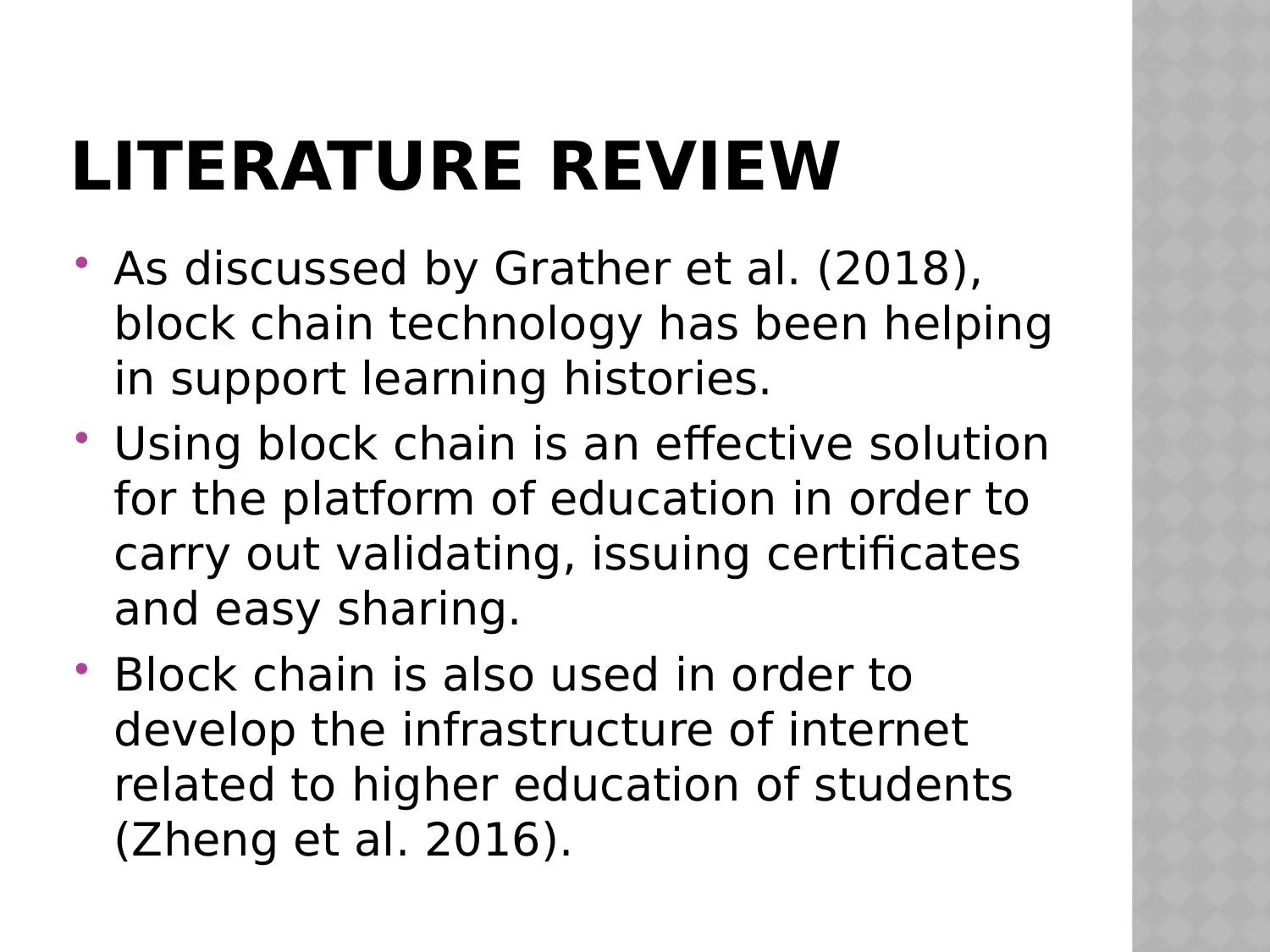
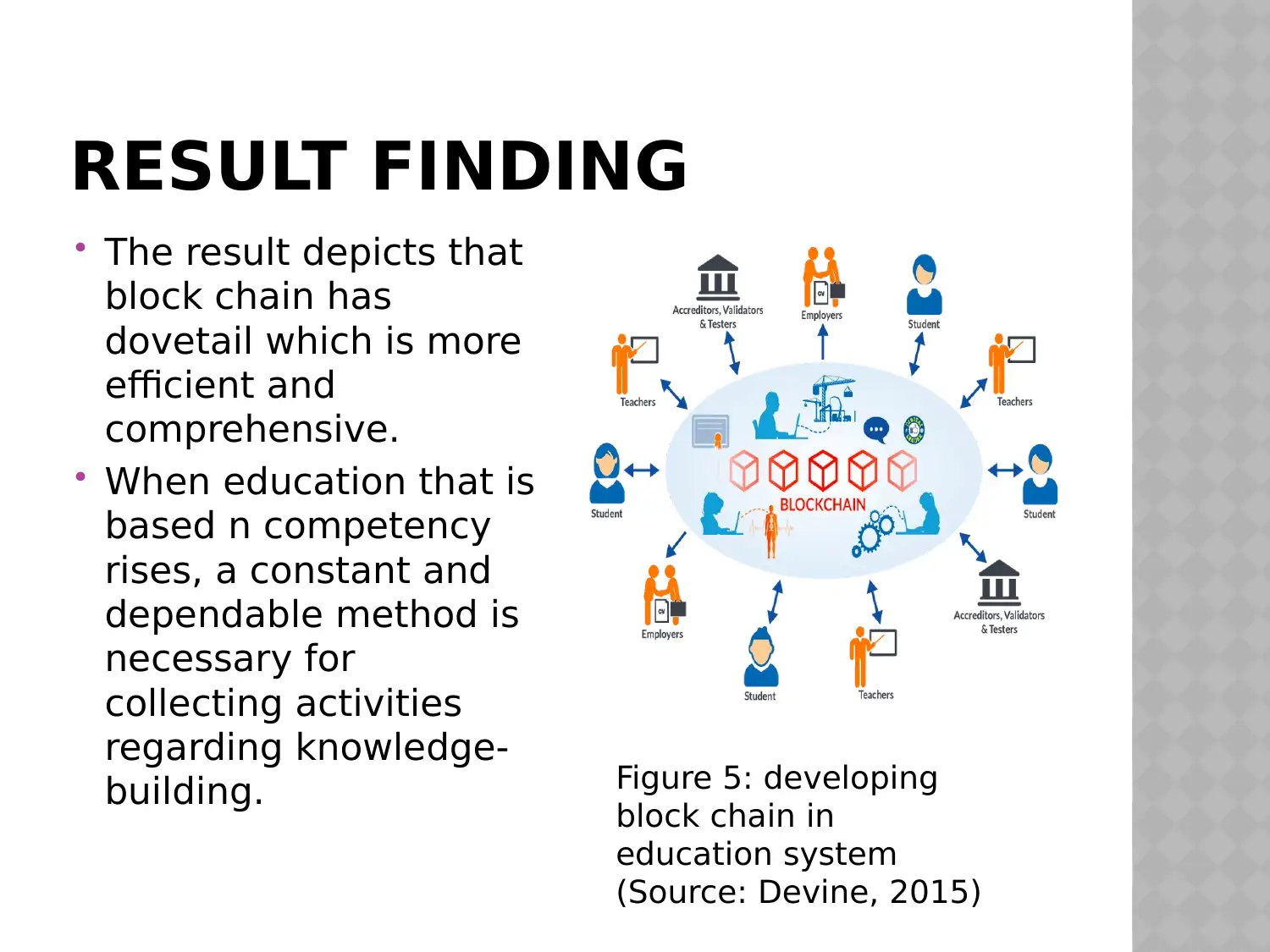
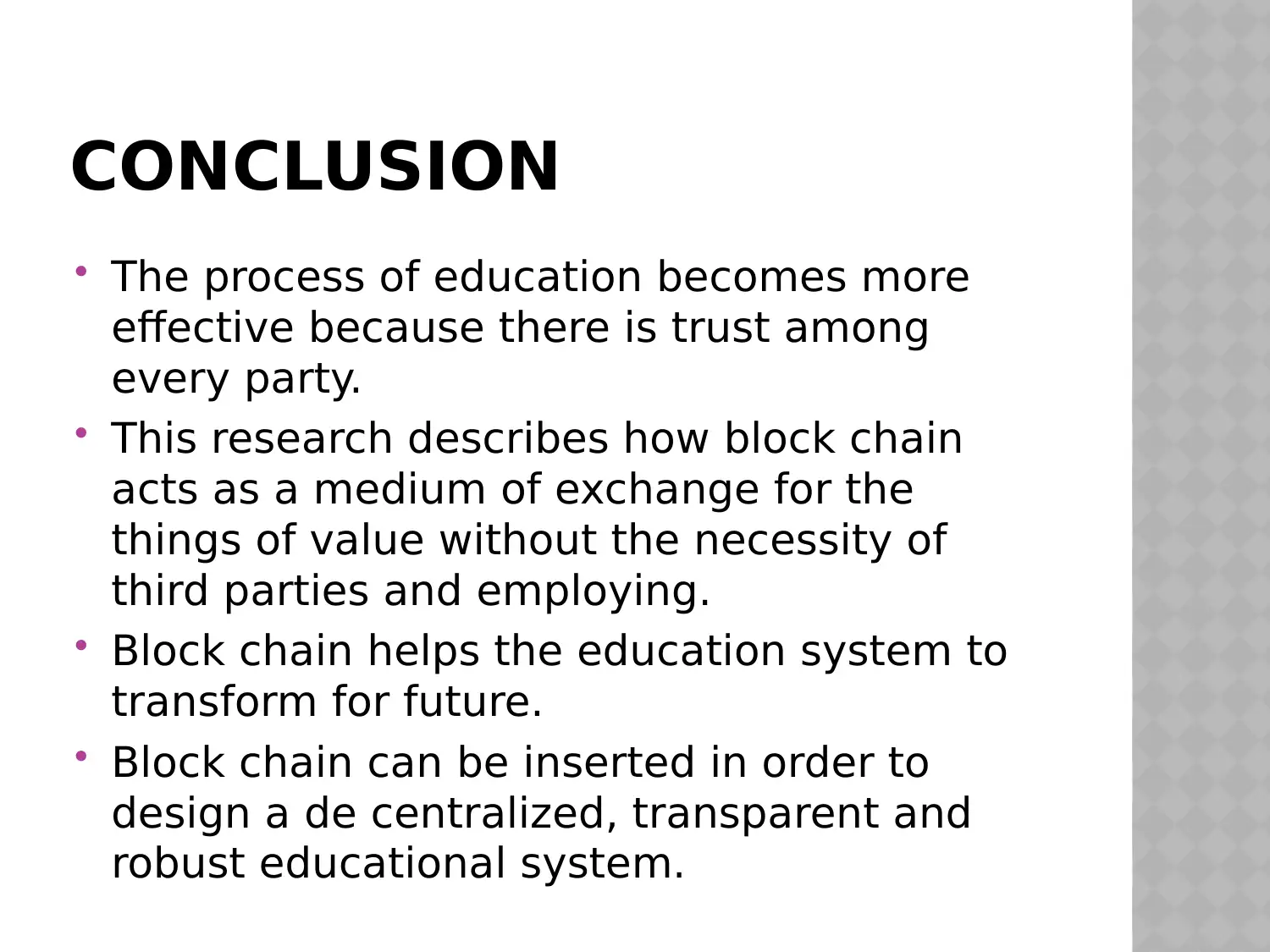
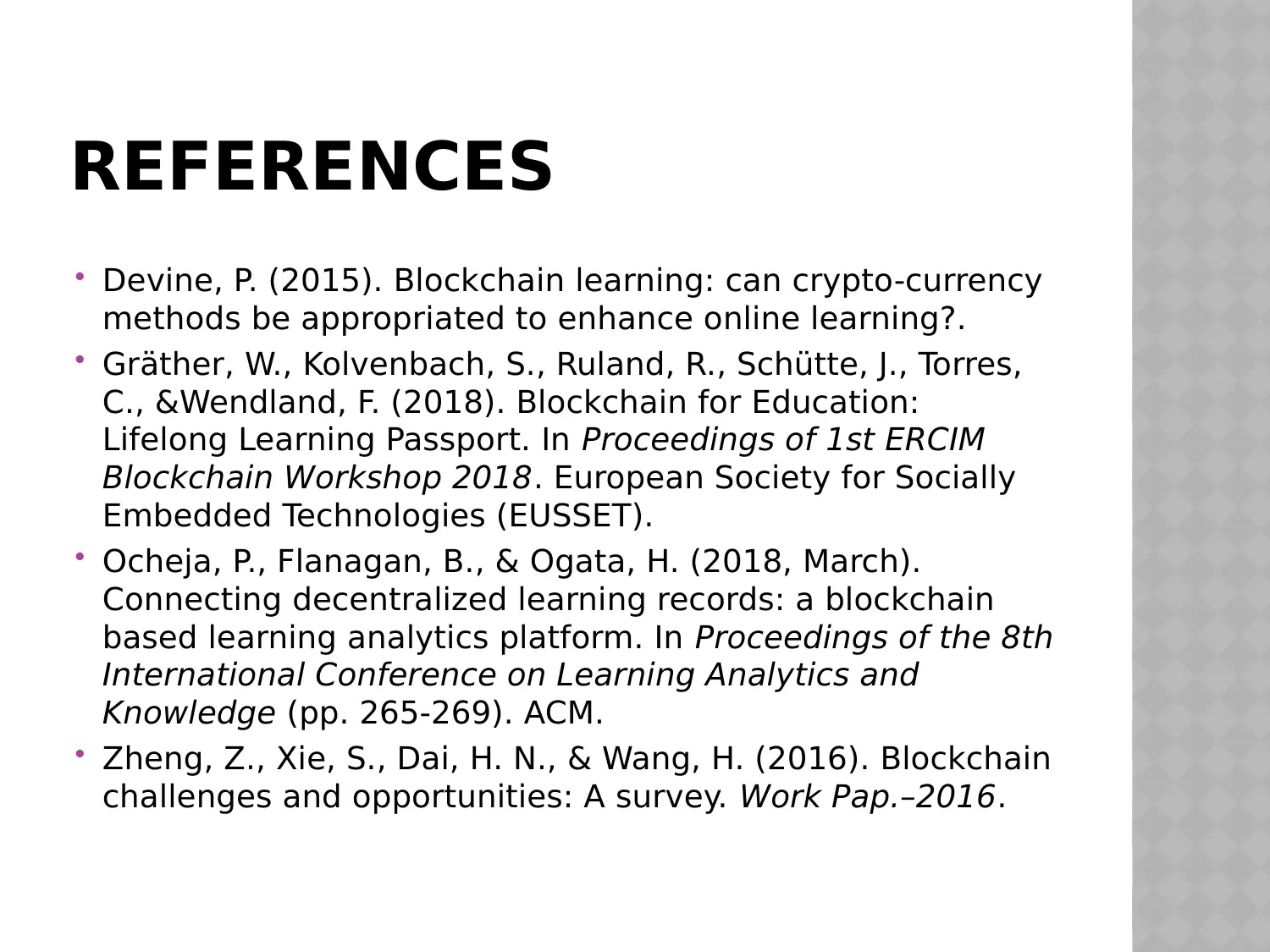
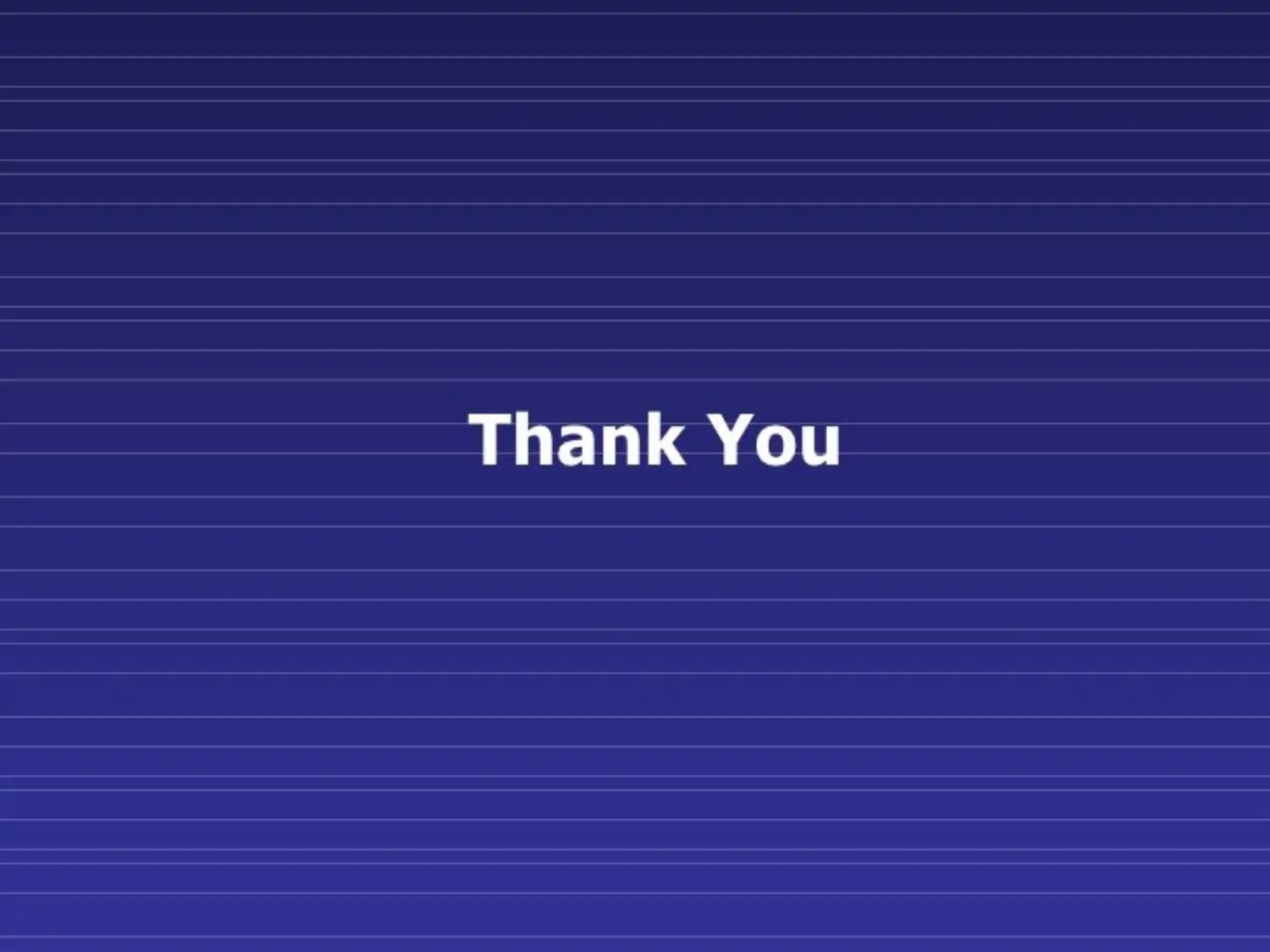
![[object Object]](/_next/static/media/star-bottom.7253800d.svg)